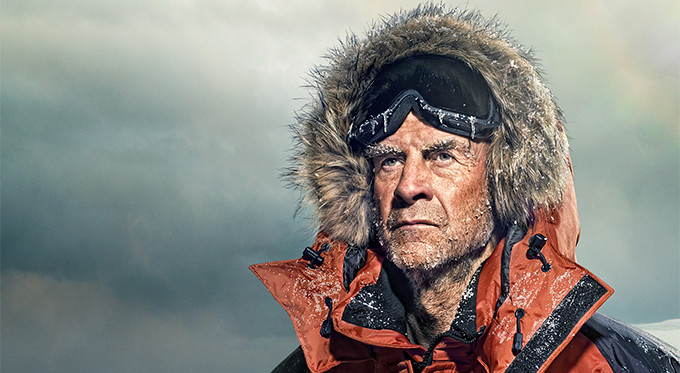
[CC Image: Champion Speakers]
Sir Ranulph Fiennes doesn’t like climbing.
“I get vertigo,” he says matter-of-factly to the sea of faces in front of him, explaining that for a long time he refused to embark on any possible expeditions which involved heights. That is, until his wife Ginny died twelve years ago, when he set about trying to confront the fears he knew he had.
“And, well… if you’ve got vertigo, then clearly Everest is the place to go.”
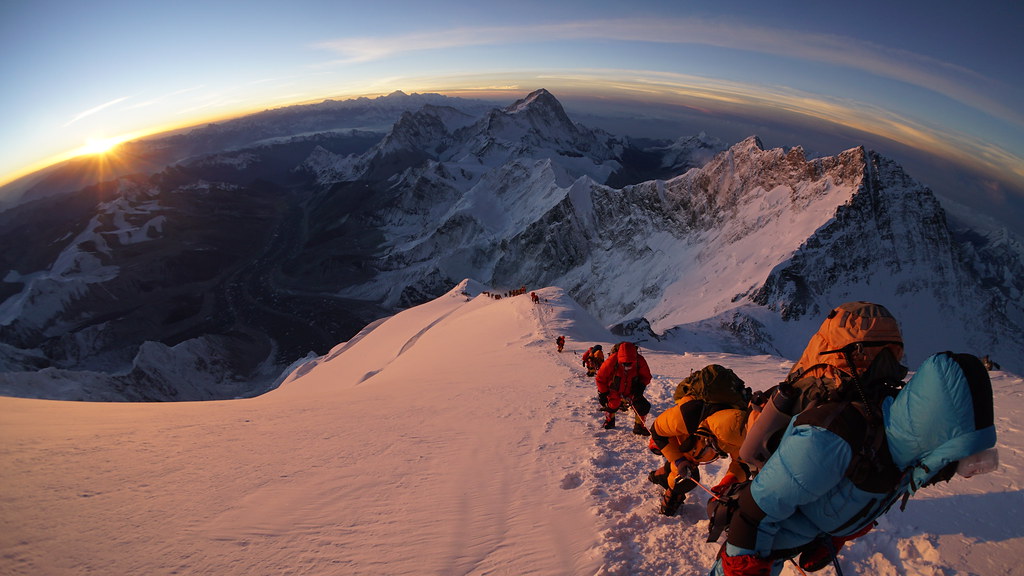
[CC Image: Mario Simoes]
Over the last seventy years, Sir Ranulph Fiennes has circumnavigated the globe, crossed both North and South Poles, discovered a Lost City in the desert, led a hovercraft expedition along the entirety of the Nile River, and run seven marathons on seven consecutive days on seven continents, aged 59 and straight after a heart attack.
In his position as an Honorary President of Wexas Travel, Fiennes tells us about his latest challenge: the Global Reach Challenge in aid of raising money for Marie Curie, which will hopefully see him become the first person in the world to cross both polar ice caps and navigate the highest mountain in each of the seven continents.
And after successfully summiting Everest in 2009, Sir Ranulph has only got three mountains left to climb.
Mountains and motivation
Recently, I’ve been dreaming of mountains. Despite being a keen walker and falling ever more in love with the outdoors, summiting the snowy peaks of anything higher than Machu Picchu is still ahead. There are heights I haven’t yet reached and spaces I haven’t yet seen; journeys I’ve so far abstained from because I keep a firm hold on the fears which serve to hold me back.
“I need to get a clear vision of my motivation,” Sir Ranulph’s voice rings out, clear and crisp with decades of public speaking practice, “And the biggest part of that is about beating that voice in your head which is telling you to stop.”
This man, famed for his feats of endurance on the world’s toughest terrains, is happily admitting that he gets just as doubtful about his abilities as anyone else.
“I build in a mechanism to combat that voice,” he continues, explaining that for him it’s the idea of his dad and granddad. Although they both passed away before Sir Ranulph was born, he still doesn’t want to disappoint them by being the first person in an expedition to give up.
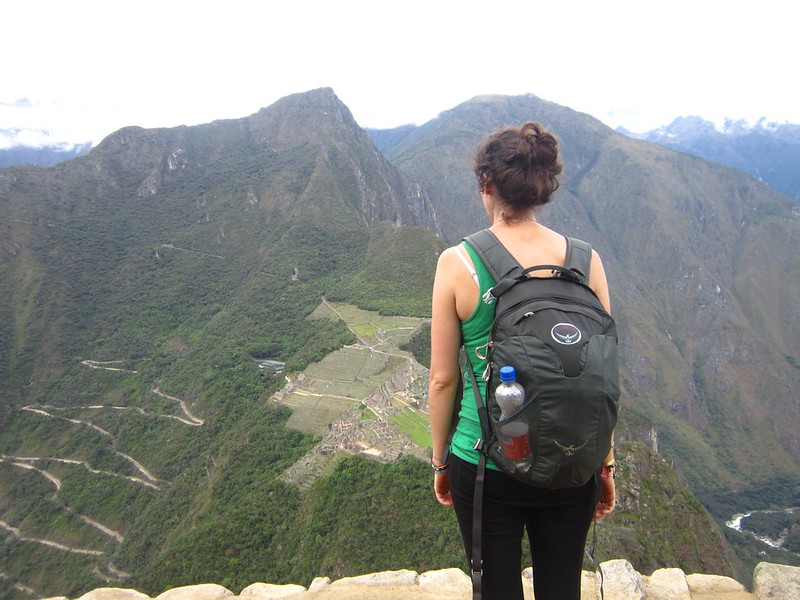
After Fiennes has finished answering questions to rapturous applause, I slip out of the auditorium and into the cold November night. My feet move past the bus stop and towards century-old London monuments without thinking, through the quiet grounds of Westminster Abbey and across Parliament Square.
The nearly full moon swells beside the smooth round face of Big Ben, and I walk up Whitehall. Past two lovers taking selfies; past Italian boys with Starbucks coffees; past a group of Turks protesting a cause I know nothing about. They laugh and sing, hoisting up painted posters, and I glance at the base of a war memorial nearby where wreaths of poppies are laid out in remembrance for people who died a hundred years ago.
I know about Sir Ranulph’s motivation to keep moving, but I wonder about his reasons for embarking on his expeditions to begin with. Before he was raising money for charity, where did his drive to explore come from?
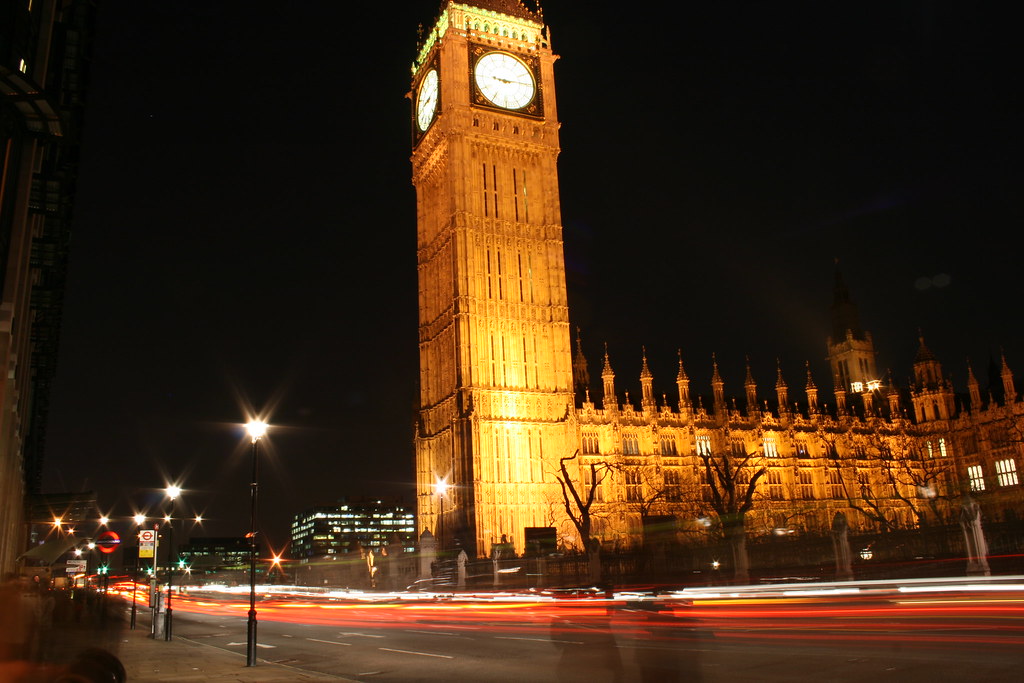
[CC Image: John Mitchell]
A passionate woman with an undying love for Nepal’s remote mountainside communities, Edurne chose to preface her brief talk with video footage of her Everest summit. I found it hard not to compare the two distinct versions of this woman in front of me: a carefully coiffed figure onstage who focused on her own projected face, larger than life and sobbing from a lack of energy and oxygen.
“You need good people around you,” she’d said, holding back tears. “That’s the way you succeed at these things, at climbing mountains: with a team who support you. Who love you.”
To combat the London cold, I step into a cafe for a bowl of miso soup. Dance music blares out from the speakers; the muscles in my suddenly still legs prickle, and I feel fierce. I feel strong. The soup is heating my blood and I can feel thin strands of resolution forming in the back of my mind: to go further, try harder, find more, learn more, be more.
There’s an American voice at a table nearby. A man with a beer and a beard, explaining passionate politics to a bespectacled friend with wide eyes.
‘Maybe I should go to the US again?’ I think, slurping miso soup through a plastic spoon and relishing the flavour. My taste buds remind me I last saw Japan when I was eight years old, and my memories are minimal. Maybe travelling through Asia should be on the horizon soon?
And then I remember one of my fellow passengers who sailed through the Arctic with me: a former ice skater named Merlin, who grabbed my wrist one lunchtime with her thin boned fingers to tell me in a whisper that she’d also lost her mum to breast cancer. We talked about how working through that grieving loss had also meant finding a strength she didn’t know she had.
“I realised I needed to climb ice mountains,” Merlin told me fervently, her eyes misting with the memory. “I needed to be in nature… To be quiet… So I did just that.”
My response surprised me – as my impromptu conversations with strangers about our mutual grief processes often do. I confessed that my overarching need was simple. I needed to be moving; to be transient; to have direction.
Staying still is what has always worried me.
As I stare into my soup, Sir Ranulph’s relentless drive springs to mind again. His adventurous nature is matter of fact. Unromantic. Undramatic. He is an explorer simply because that’s who he is.
Perhaps many of us are spurred into movement by grief. Perhaps the accumulated losses in our lives are what drives us; bolstering our motivation to do more with the time we still have left.
The ending of cycles
For a long while, my own motivation has been lacking. It’s been caused by what I’ve assumed are a number of catalysts.
“I’m writing a book!” I’ve repeatedly told myself. “I’m not travelling! I’m finally going to therapy! Of course I don’t feel quite like myself!”
But I’ve known deep down that these are all excuses for something else. I haven’t had that pulse-racing, excitement-rising motivation which makes the words fly. I’ve lost sight of what drives me.
Outside the cafe, a man sitting on the pavement beneath an unzipped sleeping bag is wishing a good weekend to everyone who passes him. He takes the pound coin I drop in his paper cup, then says with a grin, “The snow is coming soon, you know. My cousin in the countryside, he said so…”
What if our worries and our fears are exactly what we need to motivate us? Like Sir Ranulph, who continually harnesses fear in such a way that it’s the very reason he now explores? It’s easy to focus on the negatives. On feeling lost and being hyper-aware of those achievements we’re yet to accomplish, instead of celebrating what comes more easily.
I’m only just starting to realise there’s excitement in being vulnerable. And that sometimes it’s worth focusing on things you can’t yet imagine surmounting – like the heady heights of snow capped mountains – to kickstart yourself again.
Maybe it just takes another explorer to motivate you.

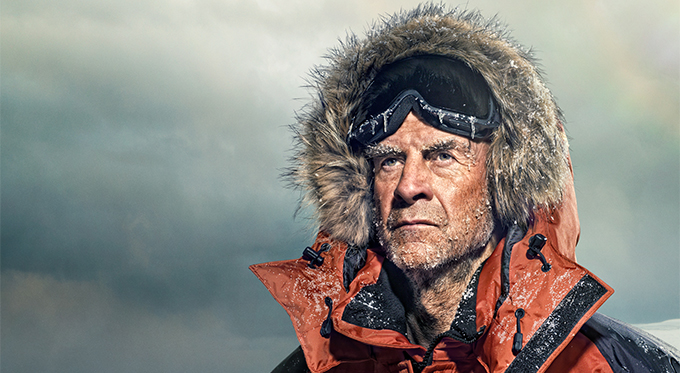
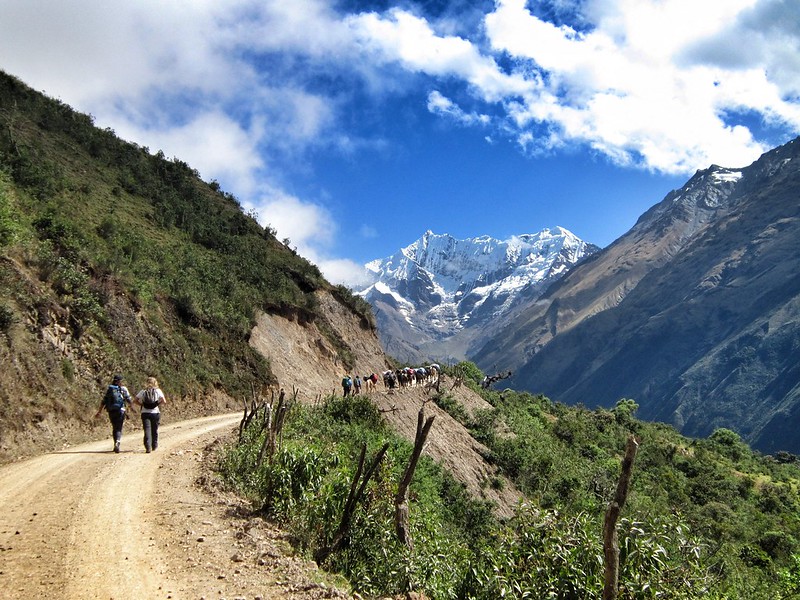
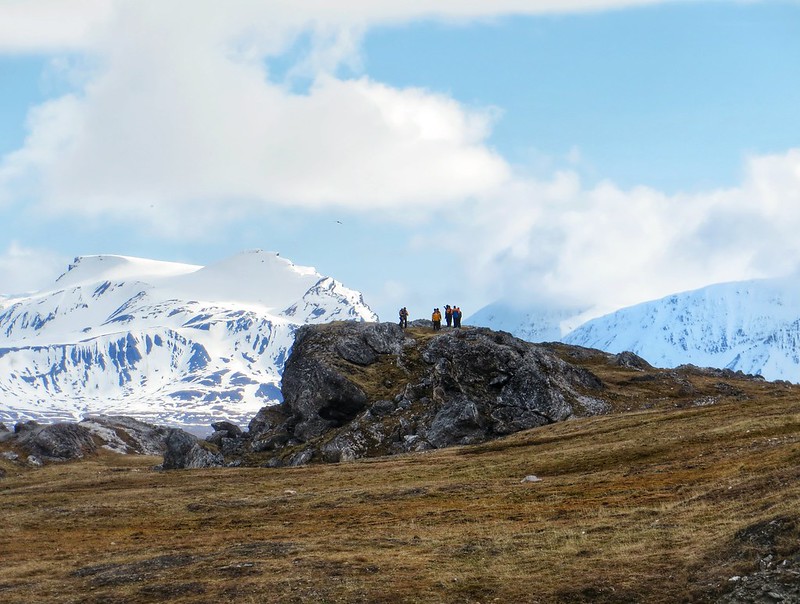
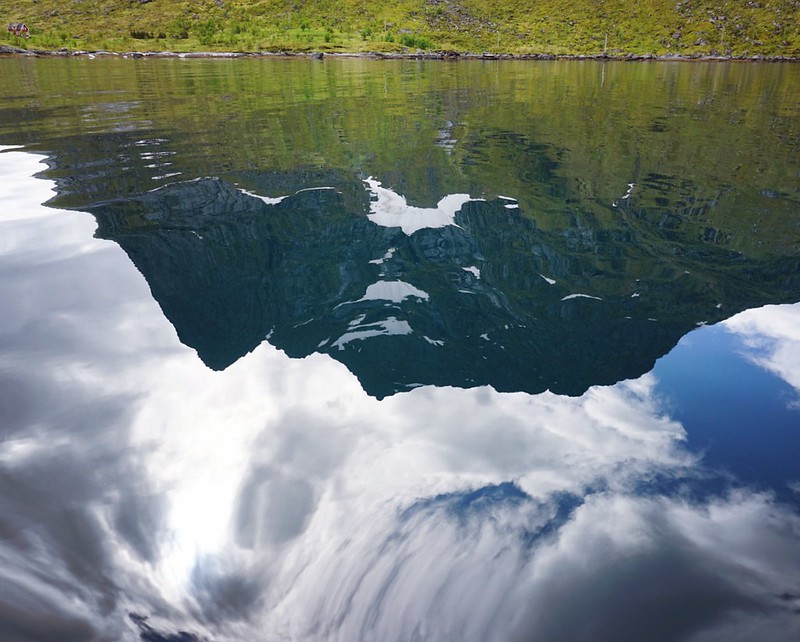
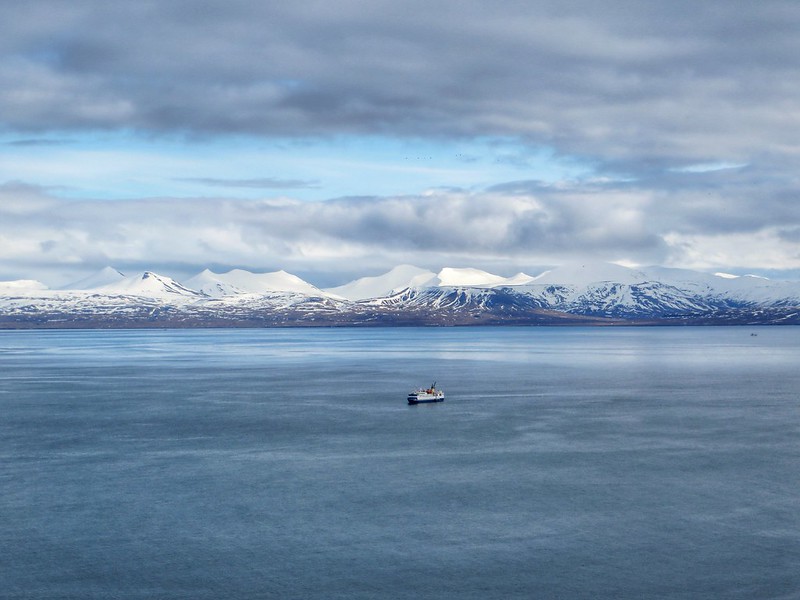
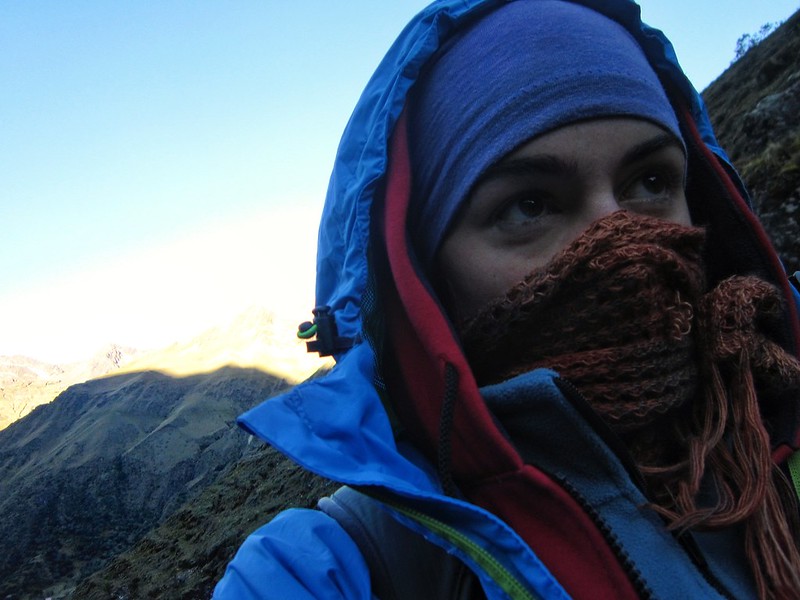
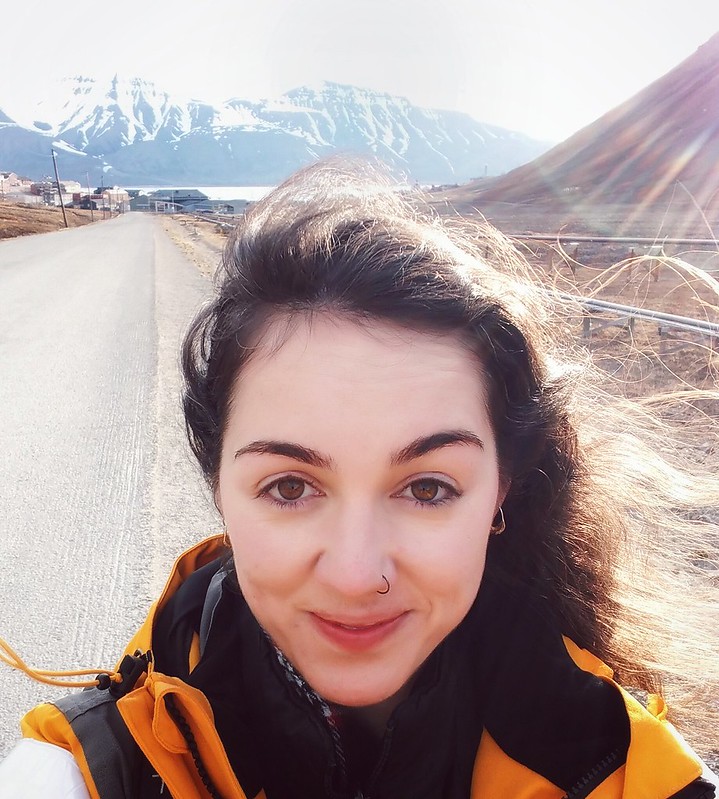


8 Comments
Gary Cartzdafner
November 27, 2016 at 11:32 amexcellent insightful article and gorgeous photos as usual…thanks…..gary
Flora
November 27, 2016 at 8:11 pmSo glad you think so, Gary 🙂
Kate
November 27, 2016 at 4:29 pmWhat a beautiful article!
Flora
November 27, 2016 at 8:11 pmThanks so much Kate!
Notes from the Backpack #1 - Luxury BackpackLuxury Backpack
November 27, 2016 at 8:04 pm[…] of my favourite travel writers Flora the Explorer’s article An Explorer’s Motivation is a brilliant […]
Gilda Baxter
December 1, 2016 at 9:33 pmFlora, you write beautifully. I am a huge fan of Sir Ranulph and have recently heard of his new challenges. Good on him to keep exploring. I have a lot of catching up to do with exploring our amazing world. What motivates me is simple curiosity about people, places, cultures, food. I love your blog😄
Flora
December 12, 2016 at 1:17 pmSir Fiennes is such an inspiration – I’m glad you think the same, Gilda! And thanks so much for your lovely words about my writing 🙂 Hope you keep reading!
Andrea
December 21, 2016 at 9:24 amNice post! I’d absolutely love to travel one of these days.Have you ever been to Australia? If not, here’s some tips I can share with you that I found very helpful.There’s a lot of services offered,want to check this out?http://www.wisyeducation.com/en/